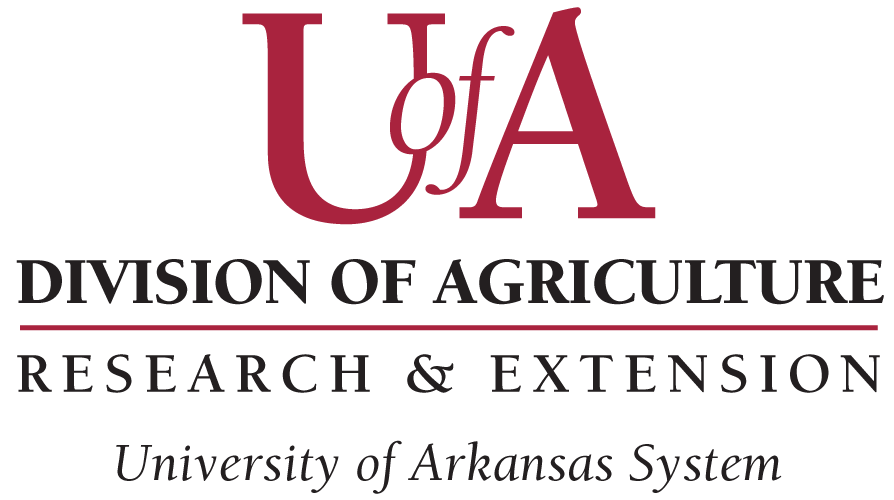Department of Biological & Agricultural Engineering
203 Engineering Hall
1 University of Arkansas
Fayetteville, AR 72701
Phone: (479) 575-2352
Fax: (479) 575-2846

About Us
Welcome to the Department of Biological and Agricultural Engineering (BAE) at the University of Arkansas. Our Department resides in the UA Division of Agriculture and the College of Engineering. The department was established in 1920 to support other disciplines in the College of Agriculture, with the professional engineering program offered in 1949. The department had its first graduate in 1950. The program was accredited in 1958 and has retained that status ever since. We are engaged in teaching, research and extension programs which contribute to improving the quality of life, security, economic development, and environmental stewardship for Arkansas and the world. Our engineering expertise is uniquely qualified to solve problems in food, water and energy systems. Biological and agricultural engineers utilize the engineering tools of systems analysis and design to solve complex problems in biological systems, ranging from microbes to the global environment. Our goal is to design sustainable systems that meet our present needs while enhancing the ability of future generations to meet their needs.
Our faculty provide leadership and expertise in several centers and organizations across the university, including:
- Water Resources Center
- Center for Agricultural and Rural Sustainability
- Watershed Research and Education Center
- Society of Women Engineers (SWE)
- Advancement of Women in Academic Science and Engineering Careers (ADVANCE)
- Bioenergy Consortium
- Institute for Nanoscience and Engineering
- Poultry Center of Excellence
- Community Design Center
- Center for Advanced Spatial Technologies
- Interdisciplinary graduate programs in Cell and Molecular Biology, Microelectronics and Photonics, Public Policy and Environmental Dynamics
The biological engineering academic programs incorporate the science of biology into the profession of engineering. Our undergraduate biological engineering program focuses on biosystems that produce and utilize water, food, and energy. The goal of biological engineering is to make these biosystems sustainable.
The Biological and Agricultural Engineering research program is engaged in designing a sustainable future through innovation in interdisciplinary research in water, food and energy systems.
- Water systems include: watershed ecosystem services, stream bank, lake, and reservoir restoration and management, ecological engineering design, water resources, water quality and non-point source pollution management, watershed modeling and monitoring, irrigation technologies, water management at watershed and ecosystems scales, metrics for sustainable water management, and low-impact development.
- Food Systems include: food safety, bio-sensing technology, food and bio-processing, bio-products utilization, microbial risk assessment, antimicrobial technologies, nano-biotechnology, bio/abio interfacing, phytochemical extraction, and bio-driven nanostructures.
- Energy systems include: biomass production and post-harvest engineering, energy use at farm level, bio-refineries, thermo-chemical conversion of biomass and by-products, extraction of co-products, pretreatment of feed stock, farm-scale thermochemical reactors, bio-conversion and bio-processing, bio-products, equipment, poultry/animal housing energy efficiency, and energy effectiveness analysis.
Biological and Agricultural Engineering extension programs offer information and skill-development to assist Arkansans in maintaining and improving their access to sustainable food, water and energy systems. Our programs provide a biological and systems perspective to the state-wide extension team. Expertise exists in nutrient management, design and practices for animal manure management; GIS-coupled sensing, web and mobile-device information delivery, modeling of watersheds, climate-change variables, and biomass resources; air-emission quantification for control and mitigation of air-pollution, poultry-house indoor air-quality; poultry farm energy efficiency, thermal energy-conversion, and residential energy conservation and efficiency.
Our research and extension programs address problems relevant to our stakeholders, not only dealing with food and agriculture, but also in sustaining ecological prosperity for a healthy planet. Please let us know how you would like to be engaged and do not hesitate to call (479-575-2351) or e-mail (lpate@uark.edu), or if you are in the area, drop in for a visit.